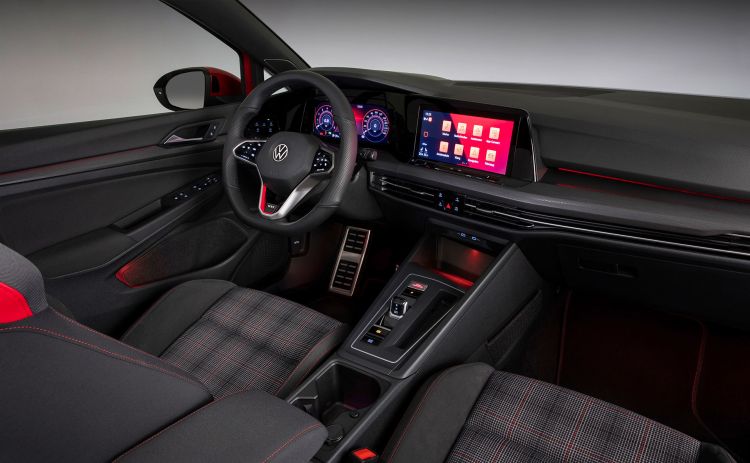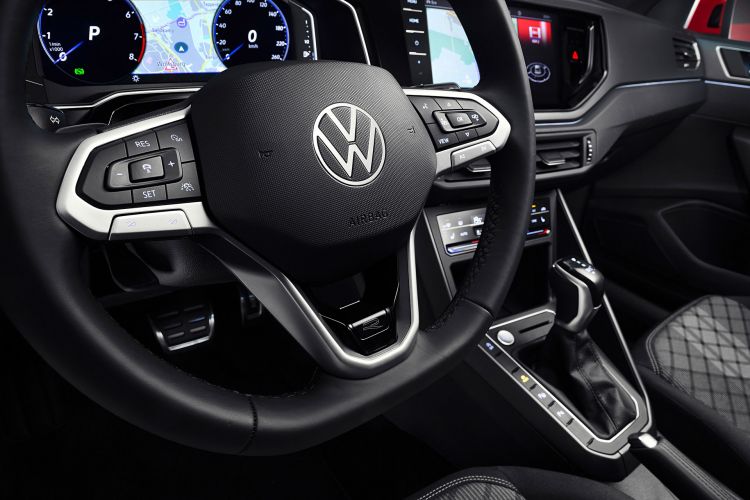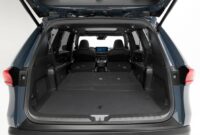Modern cars are plagued with touch controls. It all started with the multifunction screens, taking on navigation and entertainment functions. With the evolution of screens, capacitive technology and lower cost, screens also began to implement air conditioning functions in a tactile way. The latest fashion has been touch sliders and haptic or tactile feedback buttons, present in steering wheels, center consoles and even doors. An absurd fashion, and above all, very unsafe.
The touch controls force us to look away from the road, as there is no physical confirmation that we have pressed them. Some cars do have haptic feedback, but the touchpad itself lacks an outline, shape, or volume. Touch controls are more insecure than regular buttons, as several studies have shown, but marketing departments love them because they make the car look much more technological. And it is now when we come to the case of Volkswagen.
The industry has taken clear steps backwards in usability in recent years, in pursuit of a more technological or attractive image.
One of the brands that has most strongly opted for touch technologies, to the point of unhealthy extremes. The most blatant example is the touch sliders for volume and temperature of your infotainment systems. Inaccurate, insecure and even without a backlight, preventing their visibility in the dark. We have harshly questioned them on many occasions, just as we have expressed our disagreement with the touch controls that have replaced the buttons on some of its steering wheels lately.
These steering wheel controls are finished in shiny plastic, they get dirty very easily and it is even easy to accidentally activate functions. The big news of the day is that Volkswagen is going to rectify, and will gradually eliminate this type of control from its vehicles. It won’t happen overnight, and the change may materialize during facelifts or upgrades, but the goal is to return conventional buttons to cars. The announcement has been made official by Thomas Schäfer, CEO of Volkswagen, on LinkedIn.
Not only is operation of vehicle functions simplified, safety is substantially improved.
In this social network, he has stated that listening to his customers is paramount, and customers want greater simplicity when operating their vehicles. The return of the physical controls not only simplifies the handling of a vehicle, but also, lowers the production cost of steering wheels, equipped with small and complex haptic surfaces. We also hope that the touch switch to activate the rear electric windows will be removed from the ID range, and return to the four traditional buttons to which we were accustomed.






